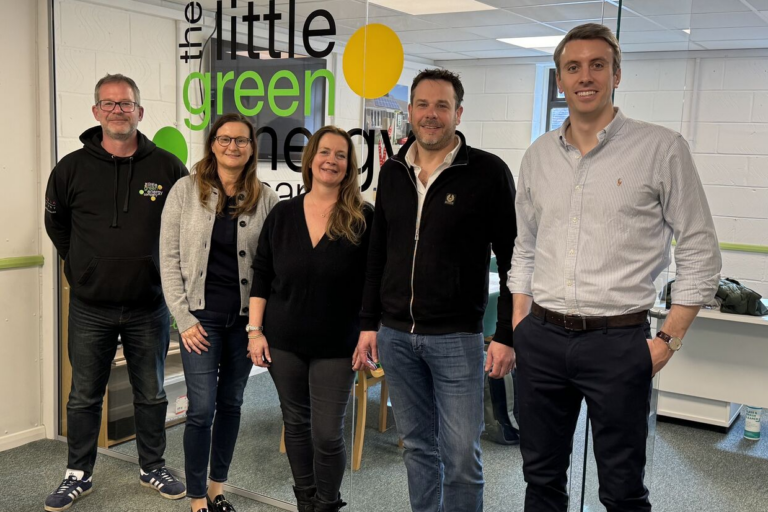South: The Brexit opportunities for private equity

The Brexit circus rumbles on with tantalising suggestions that there’s a resolution in sight followed immediately by dire warnings that, actually, it’s going to be the no deal doomsday scenario after all. The pound is currently taking a hammering, but that’s to be expected. Calmer voices remind themselves that the UK isn’t in the Schengen Area, so we don’t have entirely frictionless trade as it is and, if the EU is good at anything, it’s fudging an irresolvable problem to keep business flowing.
Our largest clients mostly shrug off the challenge of even a no deal outcome because they already have the infrastructure in place to deal with it. Smaller clients are currently deep in discussions with logistics experts and thinking hard on how to minimise the delays and costs in dealing with those two business-friendly agencies, HM Revenue & Customs and UK Visas and Immigration. Few business leaders we speak to genuinely believe there will be no deal at all, but they’re planning just in case.
For Private Equity, these might even be thought of as good times. As Adam Turtle, a partner and co-founder at Rede Partners put it: “As economic uncertainty rumbles on, many investors continue to be encouraged by private equity’s resilience and ability to ride out short term volatility.” The Dutch investor, Nimbus, for one is investing further in its Leeds and Manchester offices with the Managing Partner, Ed van Dijk, explaining that the U.K. has “excellent investment opportunities irrespective of Brexit”.
It seems to me that the current environment is ideal for Private Equity investors to identify the kinds of opportunities that they typically look out for. The quality of a company’s management team and the depth of their contingency planning are certainly thrown into sharp relief by Brexit. However, I think there’s another, specific, way in which Brexit might even help a company attract investment.
We often work with a company after it’s been acquired by Private Equity on a three to five-year plan to professionalise and improve the company’s risk and contract management. As one COO said to me, “I need the next due diligence report to show significant improvements on the report we prepared before we invested, and to show that we fixed all the issues we spotted at the outset.” Those improvements don’t happen overnight, and they don’t happen just by drawing up some shinier-looking documentation.
What’s required is working closely with all levels of the company, not just to improve governance, but to re-design its operations to match the risk profile and bargaining position that the investors identified as their target outcome. It involves helping the company and its investors to analyse the details of the company’s day to day activities, trade flows and negotiation strategies. This is to ensure that, come the investors’ own exit, there are no identifiable deficiencies which the next buyer will use as a price chip.
In all that, there’s often a particular focus which is fundamental to the value that Private Equity is looking to create with the company. It’s easy to think that investors only seek out well-run, highly scalable businesses which simply need more capital and experience to reach the next level. No doubt, an investor will always want a good crop of those in the portfolio.
But the really exciting challenge for investors is when they find a company which has serious operational, technical and market challenges to the point that it almost appears not to be scalable. If, in fact, the underlying business concept is good, the core operational management are engaged and committed and there are viable additional sales channels if you can re-engineer the company itself, then Private Equity can create a high-growth business from what otherwise looked like a dead-end.
With so many companies struggling with the constraints imposed by Brexit, we may start to see companies which were not necessarily that attractive to investors suddenly start to look interesting.
Mark O’Halloran, partner and head of commercial services at Coffin Mew












